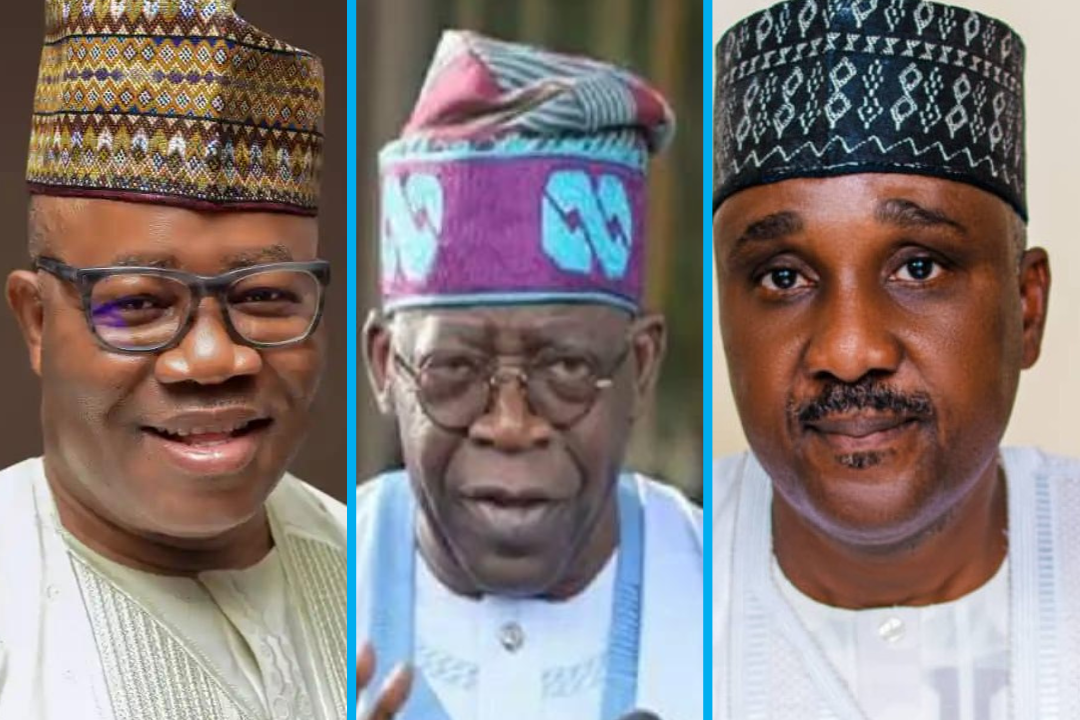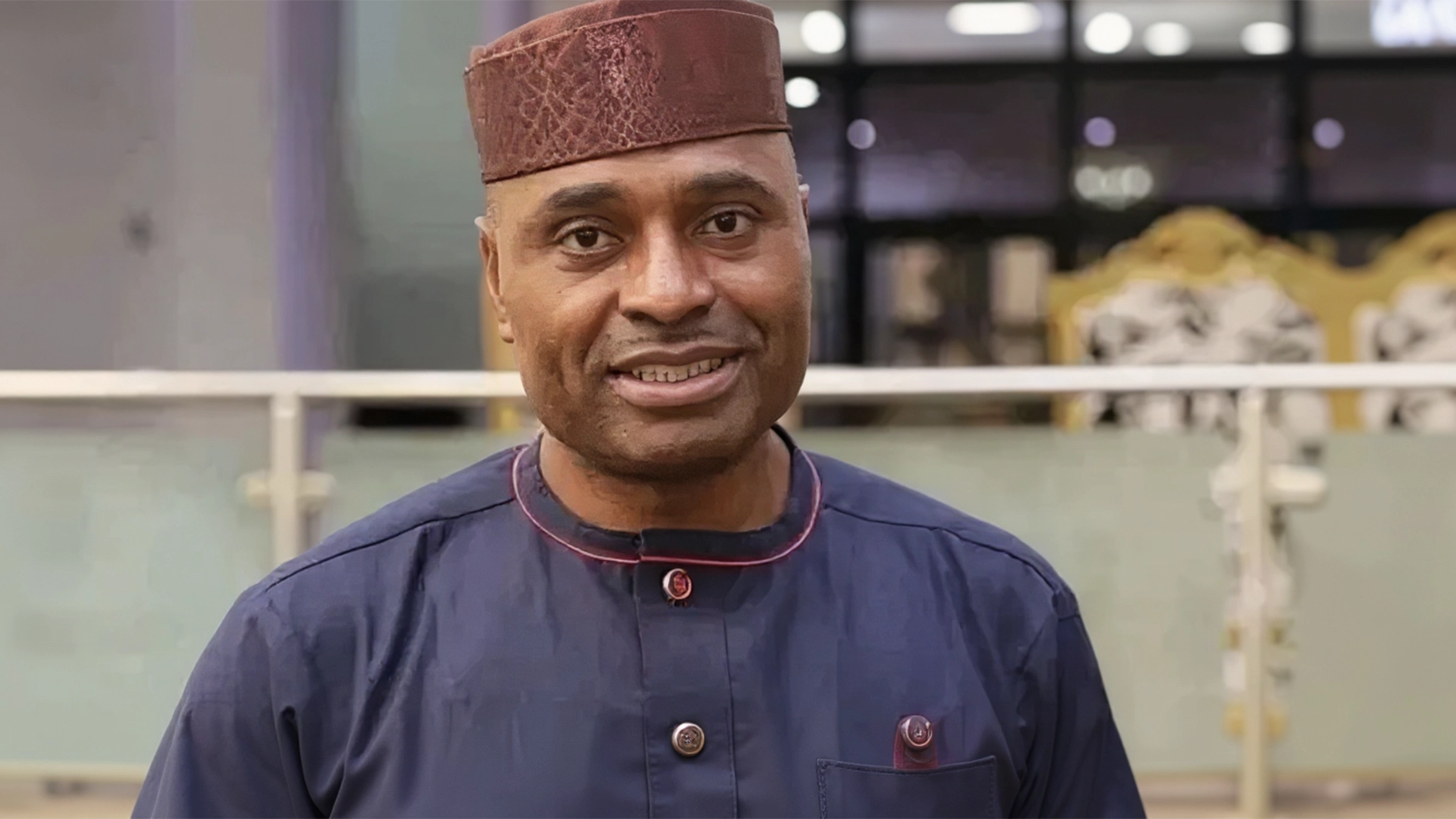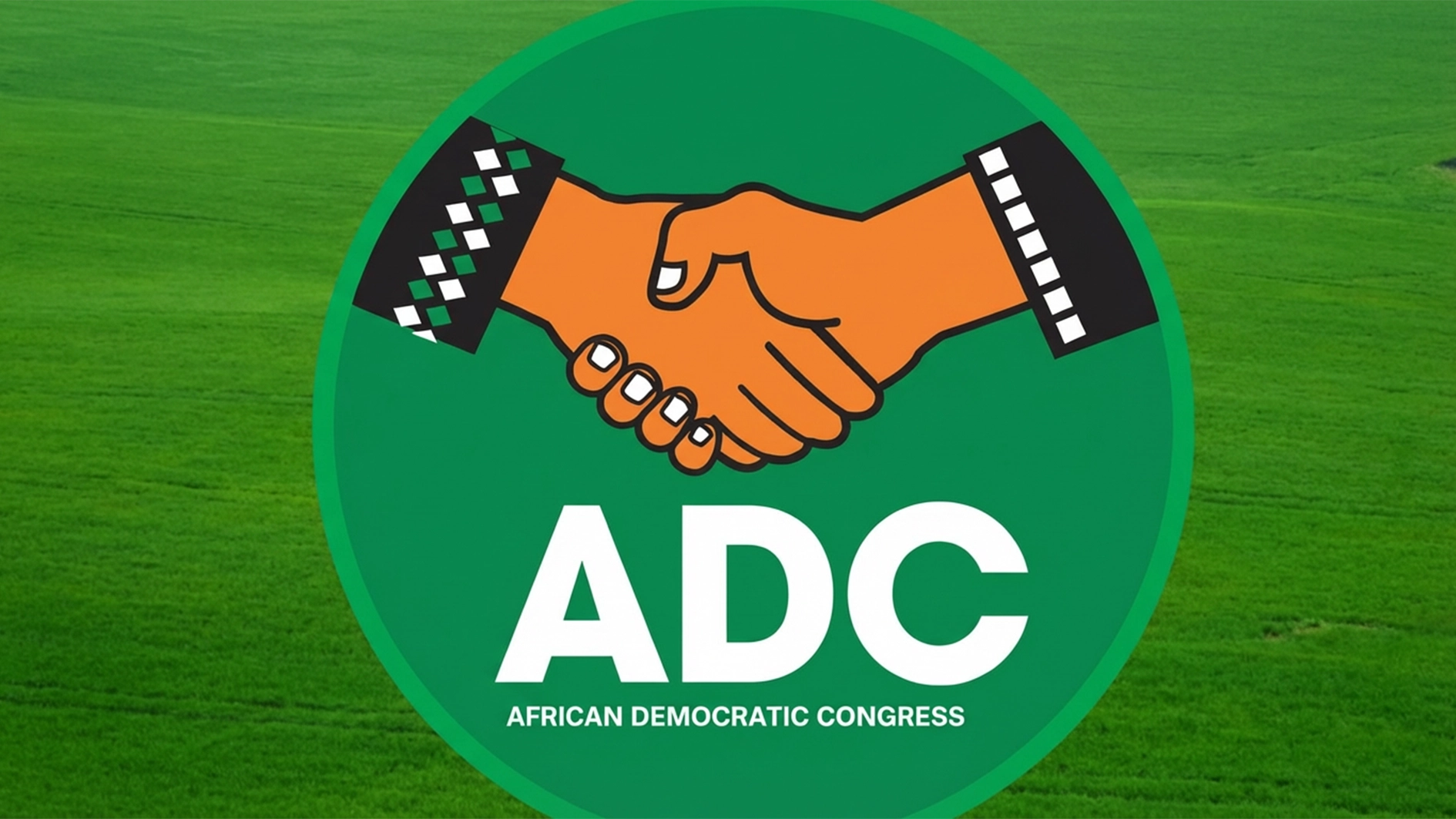
The push to create additional 18 states is gaining traction at the National Assembly. But besides the proponents’ political consideration and eligibility to go cap in hand for monthly federal largesse, there is scant concern for self-sufficiency of either the 36 or a wider 54 states, ADAMU ABUH reports.
Politicians have begun extensive lobbying for the creation of additional 18 states from the existing 36 – most of which are economic viability suspects.
Among the proposed states being considered by the Senate and House of Representatives’ ad hoc committees on the review of the Constitution are: Okun, Okura, Katagun, Kainji, Apa and Lagoon. Others are Benue-Ala, Ibadan, Amana, Oke-Ogun, Ijebu, Ife-Ijesha, Orlu, Anioma, Etiti, Adada, Tiga, Ogoja and Ghari.
If the push for more creation of states scales through, there will be 54 states in Nigeria.
Notwithstanding, the stringent requirements of the Constitution towards the creation of more states, coupled with the financial capability of the country to accommodate such luxury, proponents of more states said that the more the states in their geopolitical zones, the more their chances of accessing benefits and statutory allocations from the federation account.
Section 8 of the 1999 Constitution, as amended stipulates that, “An Act of the National Assembly is required for the purpose of creating a new state and it shall only be passed if the request is supported by at least two-thirds majority of members (representing the area demanding the creation of the new state) in each of the following, namely, the Senate and House of Representatives; House of Assembly in respect of the area, and the local government councils in respect of the area.
“Such state proposal received by the National Assembly is thereafter approved in a referendum by at least two-thirds majority of the people of the area where the demand for creation of the state originated from.”
It went on further to state that, “the result of the referendum is then approved by a simple majority of all the states of the federation supported by a simple majority of members of the Houses of Assembly; and then the proposal is approved by a resolution passed by two-thirds majority of members of each Houses of the National Assembly.”
The constitutional requirements for state creation have not only been difficult to be met by previous agitators of new states, they explain why no civilian administration has been able to create more states after the First Republic, when the defunct Midwestern state was created. Only the military government created all the existing states, but by fiat.
National Assembly members pushing for the creation of Orlu, Adada, Etiti and Anioma states, all in the South-East geopolitical zone, are insisting that there is the need to address the long-standing imbalance and injustice in the geographical distribution of states in the country.
Senator Ned Nwoko contended that the creation of Anioma State is not just about increasing the number of states, it is about ensuring fair representation and resource allocation for South-East.
He said: “The South-East geopolitical zone currently has five states, unlike its counterparts, except for the North-West, which has seven states. This disparity results in an imbalance of representation and resources, with the South-East having only 15 Senators compared to 18 lawmakers of other zones in the Senate. This inequity affects legislative representation and distribution of national resources, perpetuating a longstanding injustice.”
The proposed Anioma State is billed to encompass the Local Government Areas (LGAs) of Aniocha North, Aniocha South, Ika North-East, Ika South, Ndokwa East, Ndokwa West, Oshimili North, Oshimili South, and Ukwuani, with Asaba designated as the state capital.
House of Reps member, Ikenga Ugochinyere, and 15 other legislators, who sponsored the bill for the creation of the Orlu State to be carved out of Imo, Abia, and Anambra states, described the move as a symbol of the South-East determination to achieve a brighter future.
He argued that the new state with capital in Orlu would be a catalyst for economic empowerment and sociopolitical progress in the region.
Ugochinyere said beyond economics, “the creation of Orlu State would represent a seismic shift in political representation, adding that no longer would the voices of the South-East be drowned in the clamour of larger constituencies.”
While the lobbyists for more states in South-East hinged their demands on equity, the Internal Generated Revenue (IGR) and debt profile of the five states in the region revealed that they are depending on federal allocation to pay their workers’ salaries.
A data from the Debt Management Office (DMO) revealed that as at March 31, 2024 the entire 36 states and FCT were indebted to the tune of N4.07 trillion out of which five states from South-East owed N415 billion. In the breakdown, Abia N113.71 billion; Anambra N34.42 billion, Ebonyi N22.21 billion, Enugu N82.5 billion, and Imo N163.06 billion.
Besides, the entire IGR of the five states in the South-East in 2022 according to the National Bureau of Statistics (NBS) amounted to N114.4 billion. Anambra with highest IGR had N33.9 billion, Abia N20.1 billion, Imo N19.3 billion, Enugu N28.7 billion, and Ebonyi N12.4 billion.
Agitators from the Hausa-Fulani dominated North-West geopolitical zone with seven states in their kitty are demanding for the creation of Tiga and Gari States from the current Kano State.
Senator Mas’ud El-Jibril Doguwa, who is leading the charge adduced the size and population of the state as basis for the agitation.
However, he forgot to mention that Jigawa State was created out of Kano State, which is still indebted to the tune of N64.7 billion.
Calls for the creation of four additional states namely: Okun, Okura, Apa, Ogoja and Benue-Ala States, out of Benue and neighbouring Kogi States, have left many to wonder whether such agitations would see the light of the day at a period when the states are still grappling with the payment of workers’ salaries. The state has since 2011 placed its workers on what is termed “percentage” salaries due to paucity of funds and over bloated workforce.
Leading debate on the general principles of the bill, Halims Abdullahi, who is the Deputy House leader, argued that the creation of Okura State with capital in Egume will ensure lasting peace, create a sense of belonging and bring governance closer to the people.
He further argued that the creation of Okura State will engender a balanced, more representation, and equitable distribution of the nation’s resources, and well-being of the people of Igala.
Abdullahi said when created, the state would be inhabited by the Igala people, who are the ninth largest ethnic group in Nigeria with a population of 1.48 million people according to the National Population Census (NPC), 2006.
Between 2015 and 2022, Kogi State’s total revenue (IGR plus FAAC) was a little above half a trillion naira (N506.78 billion).
Of this amount, IGR was only N114.87 million representing 23 per cent while FAAC allocation accounted for 77 per cent, clearly indicating that the state relied heavily on FAAC disbursements for survival.
Oluwole Oke, who chairs the House Committee on Judiciary, is also insisting that the South-West geo-political zone that is currently made up of six states, deserves three more.
He argued that the proposed Oke-Ogun State, with Iseyin as the capital, would be made up of 12 LGAs, including Olorunsogo, Irepo, Orerelope, Ogbomosho North, Ogbomosho South, Saki-East, Saki-West, Atisbo, Itesiwaju, Iwajowa, Kajola and Iseyin.
He added that Ijebu State, with Ijebu Ode as capital, when created, will comprise Ijebu East, Ijebu North-East, Ijebu Ode, Ikenne, Odogbolu, Ogun Waterside, Remo North and Sagamu local councils.
The lawmaker remarked that Ife-Ijesa state is to be made of 11 LGAs made up of Atakunmosa East, Atakunmosa West, Boluwaduro, Ife Central, Ife East, Ife North, Ife South, Ilesa East, Ilesa West, Oboku and Oriade.
However, Oke was silent on the ability of the proposed states to survive independent of federal allocations.
Amid the agitations, the question remains whether the country facing the challenges of lean resources and high cost of governance can cope with as high as 54 states even when 24 of the existing 36 states are dependent on monthly allocation from the federation account to pay salaries of their workers.
This is aside the fear that the exercise could fuel tension among the ethnic nationalities and further polarise the country.
According to Budgit, the 24 states whose wage bills surpassed their IGR are Bayelsa, Ondo, Yobe, Sokoto, Taraba, Plateau, Oyo, Niger, Nasarawa, Kogi, Kebbi, Katsina, Jigawa, Gombe, Ekiti, Ebonyi, Borno, Benue, Bauchi, Adamawa, Akwa-Ibom, Cross River, Abia, and Delta.
Executive Director Civil Society Legislative Advocacy Centre (CISLAC) Auwal Musa Rafsanjani, believes the agitation for creation of additional states is in tandem with the desire by the ruling elites to satisfy their selfish interests.
He said: “If they like, let them lobby for the creation of one thousand states in Nigeria. We know some of them are looking for where to steal and carry out impunity and recklessness. Nigerians believe that such demands and the agitation have no developmental agenda but anchored on greed and power for looting.
“Otherwise, even the present states, most of them are parasitic by their very nature and incapable of providing good governance and exploring economic opportunities for their people to develop.
“There is no plan for wealth creation, no industrialisation plan, no urban and rural development plans, no provision for social security, education, healthcare, infrastructures, agricultural development and services for human dignity and well-being. No one should listen to them.”
Founding member of the ruling All progressives Congress (APC), Mr Osita Okechukwu, identified marginalisation of the various ethnic nationalities in the country for the clamour for creation of additional states.
According to him, “The agitation for creation of more states in Nigeria is a process not a destination. I am one of the proponents because of the syndrome of bandits of multi-colours, where in each state one ethnic or sub-ethnic group dominates the rest. Naturally in this circumstance the rest will continue to agitate for new states because of marginalisation.
“The banditry I mean is that of one group taking unfair advantage of others and when this scenario of recklessly taking advantage of others continues it breeds marginalisation and trust deficit.”
He said trust deficit and marginalisation will continue to generate agitation for more states. This is why for instance the South-East agitates for one more state to level with others and more if others are given more.
According to him, “It’s the bandits of multi-colours, which leads to marginalisation. And marginalisation leads to agitation for more states and opposition to return to regions. My submission is that the more agitation for states increases the more opposition to the region increases.”






